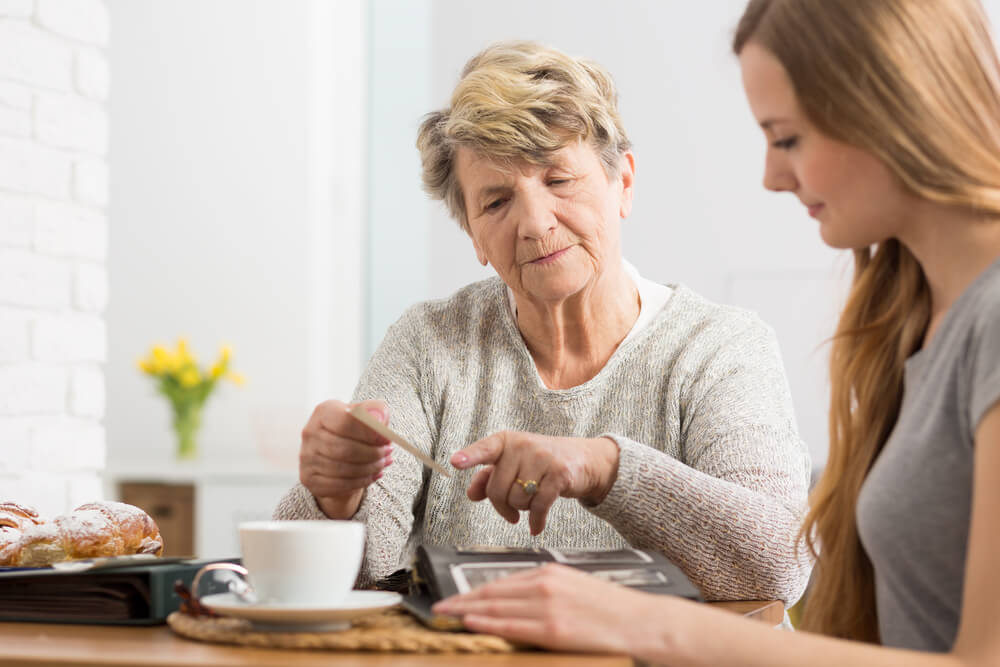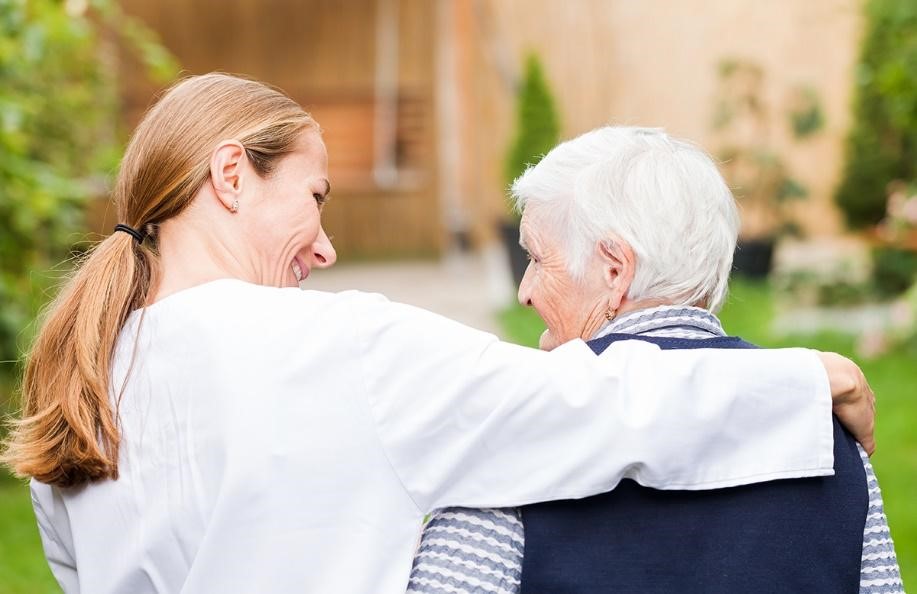The Basics: What Home Care Is

What is Home Care?
Home care is a form of non-medical assistance offered to aging adults or disabled individuals. The services provided through home care vary widely. Some are short-term services during a recovery period, others may continue for years as individuals enjoy the next season of life at home. The goal of home care services is to provide you and your loved one peace of mind and personalized support for independent living.
A customized care program can be developed to ensure your loved one is safe and able to enjoy life as independently as possible. Examples of home care services include:
Personal Care Assistance
Home care services have your loved one’s best interest at heart. Loving caregivers understand that dignity is an important part of aging and personal care services are provided with this sentiment in mind.
If your loved one requires help with hygiene to maintain their health and comfort, loving caregivers can provide dignified private personal care assistance. Your loved one may appreciate a caregiver’s assistance with:
• Toileting
• Bathing
• Hair washing
• Dressing
• Incontinence
Homemaking Assistance
Maintaining a comfortable home independently may be too difficult a task for your loved one. Ease their burden with homemaking services. Home caregivers are able to aid with:
• Cooking
• Clean-up
• Light housekeeping
• Running errands
• Transportation
• Laundry
• Linen changing
These basic tasks are integral to your loved one’s ability to enjoy their home. Select part-time services if a loved one will benefit from some assistance but is also able to perform certain homemaking activities individually.
Companionship
A study on “Old Age and Loneliness” found that when aging adults feel isolated, loneliness can prove to be a health risk. You may not have the availability to provide regular companionship to your loved one, especially if you live at a distance. Care giving companion services include activities like:
• Attending religious services with your loved one
• Reading with your loved one
• Playing cards or other games
• Completing art projects and other hobbies
Companion services provide your loved one with the meaningful interactions every individual needs.
Personal Support Assistance
One of your concerns may be your loved one’s safety at home and in self-care processes. Personal assistance can be offered to protect and provide for your loved one through:
• Medication reminders
• Transporting to and from medical appointments
• Helping with ambulation and mobility
A home care provider wants your loved one to enjoy daily activities and self-care safely and comfortably.
Home Care is All about Heart
Transitioning your loved one into the next phase of life can be a hard change for everyone involved. Home care is all about heart. The personal services offered through home care help make daily life comfortable and safe for your loved one as they enjoy the independence of being at home.
Learn more about providing independence to your loved one in this season of life.






